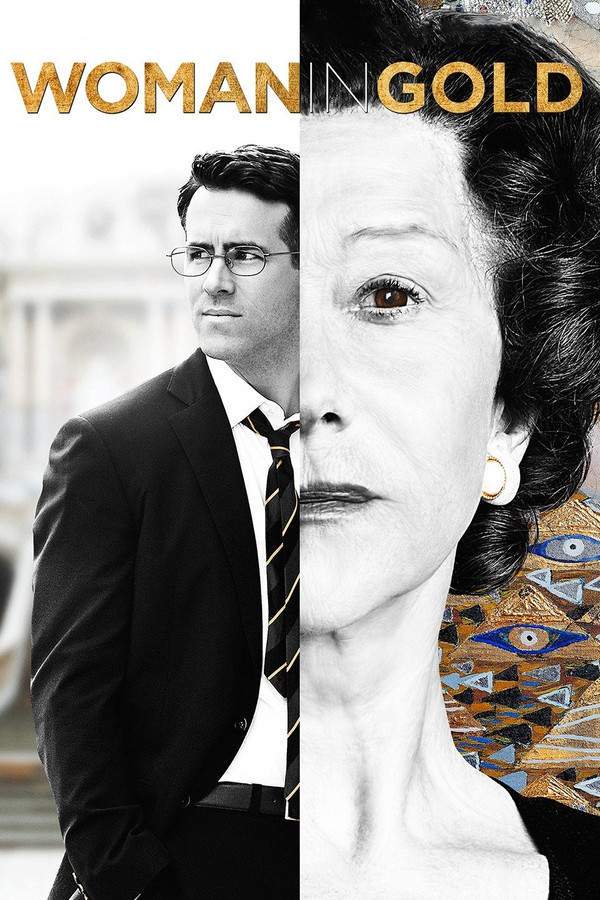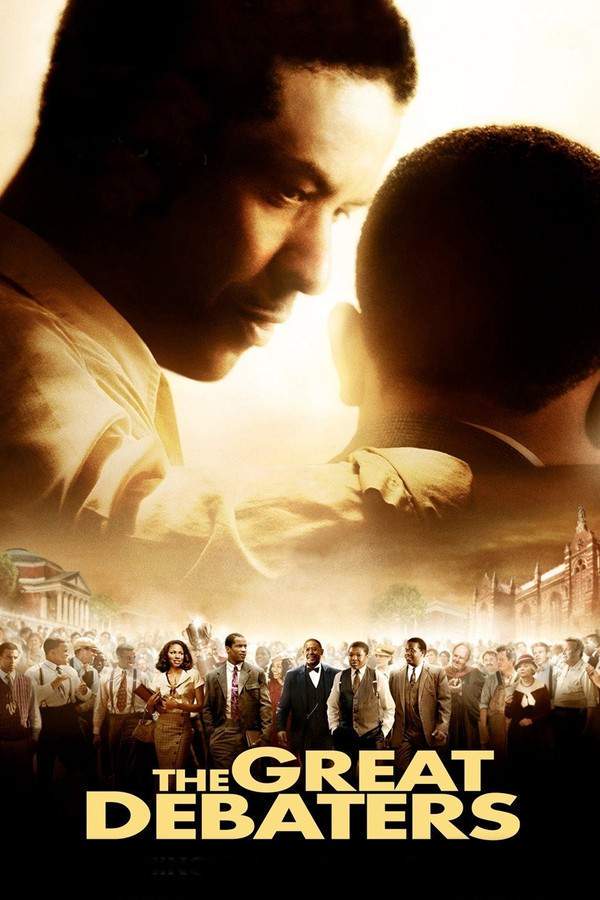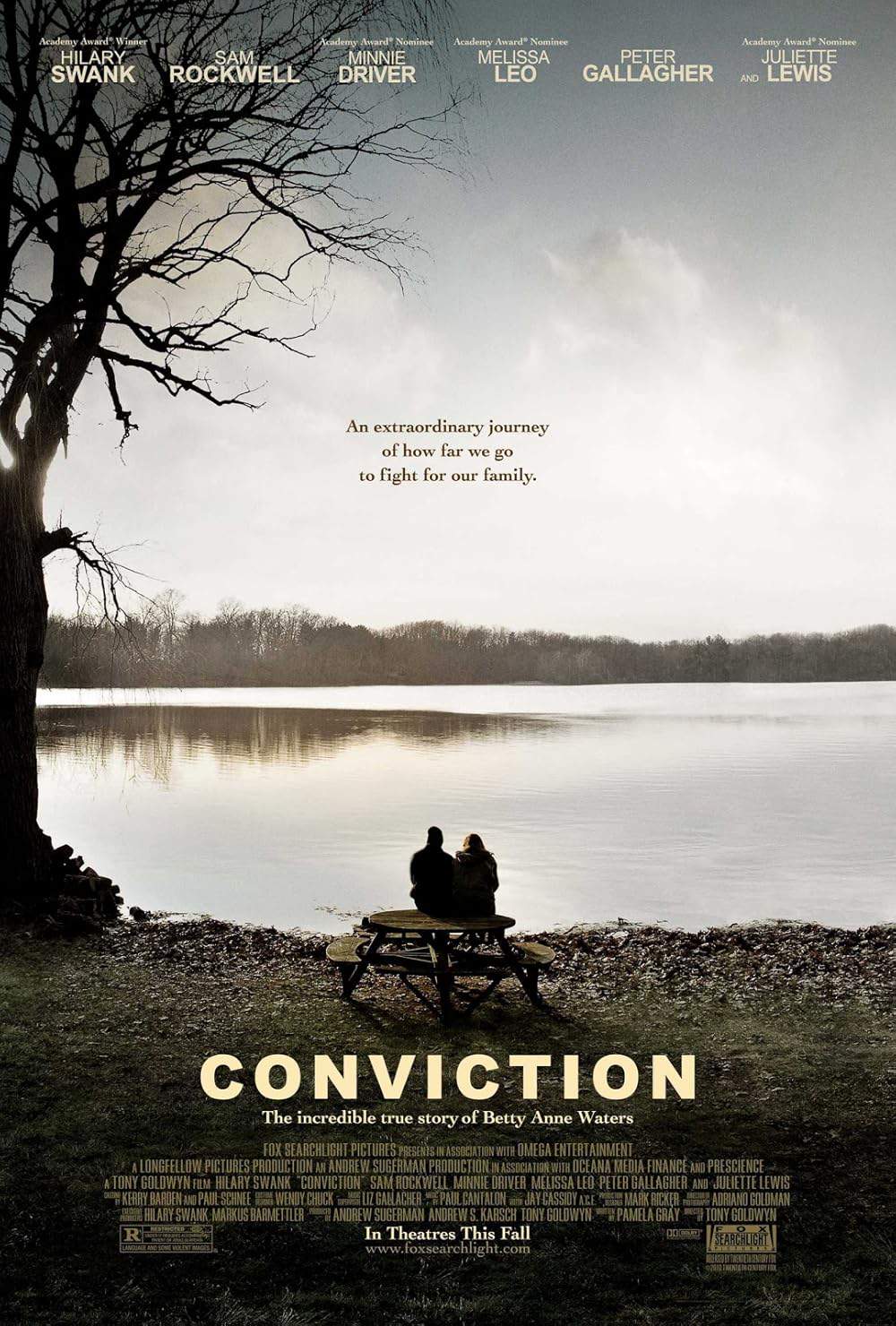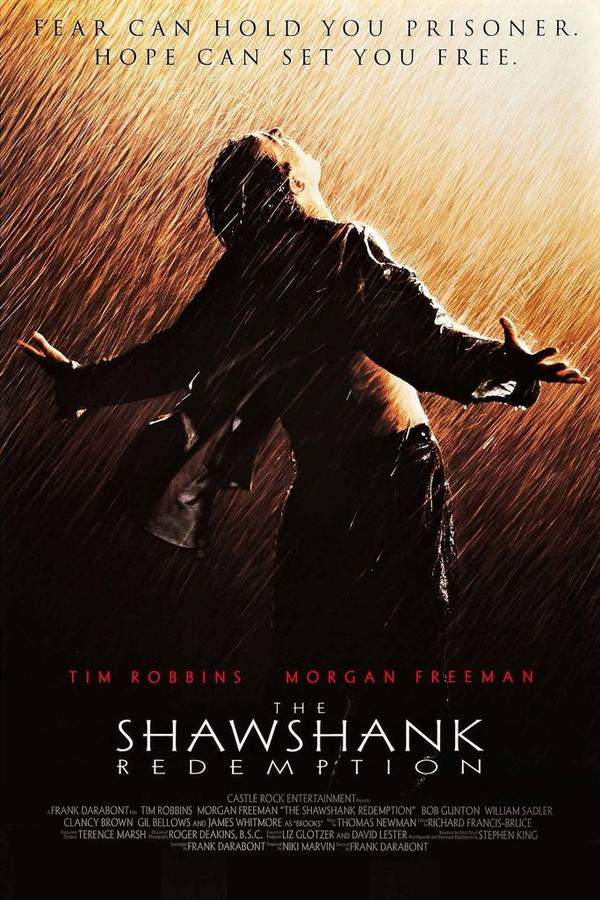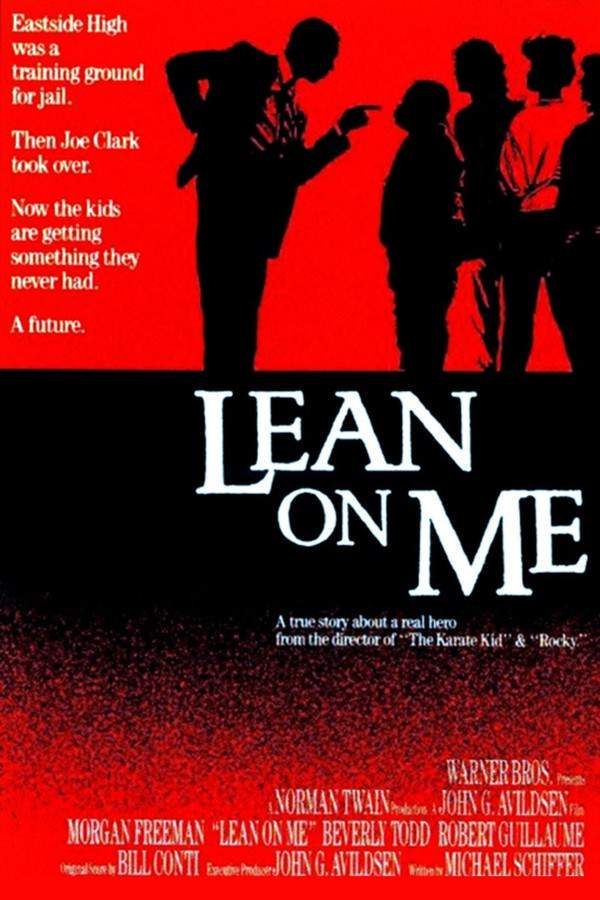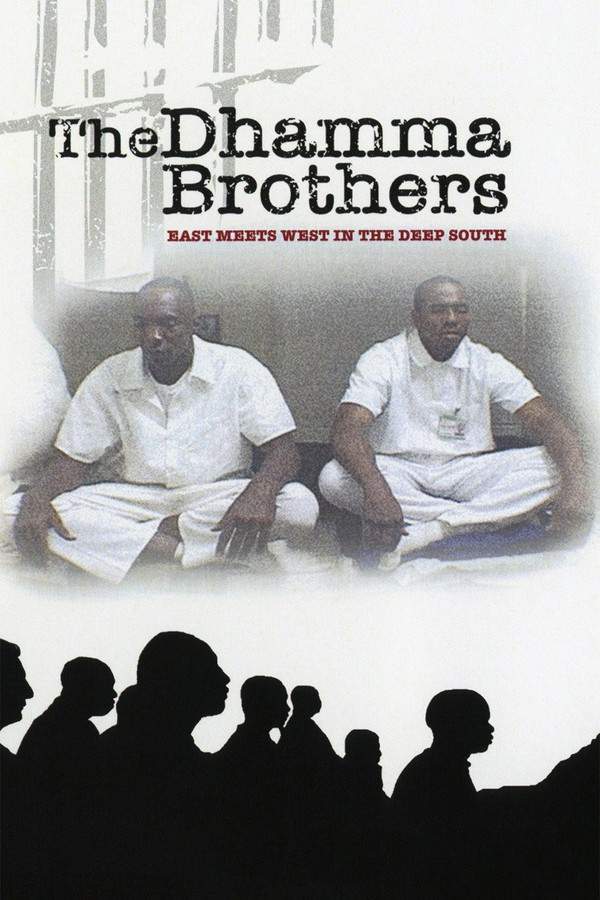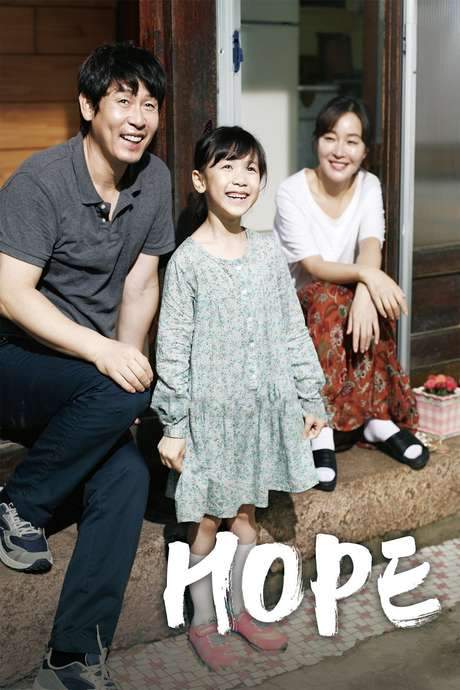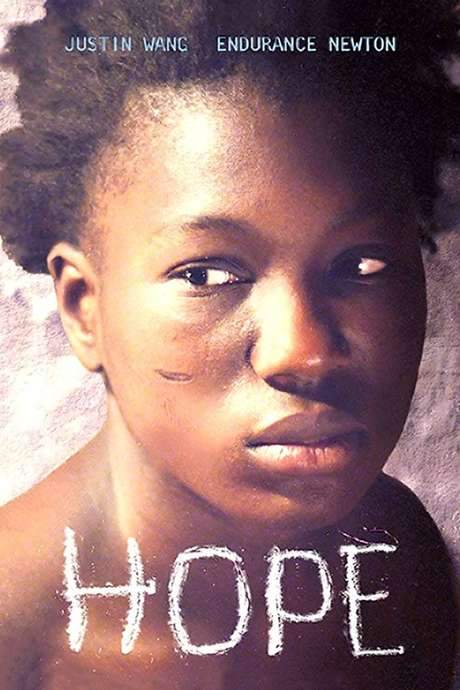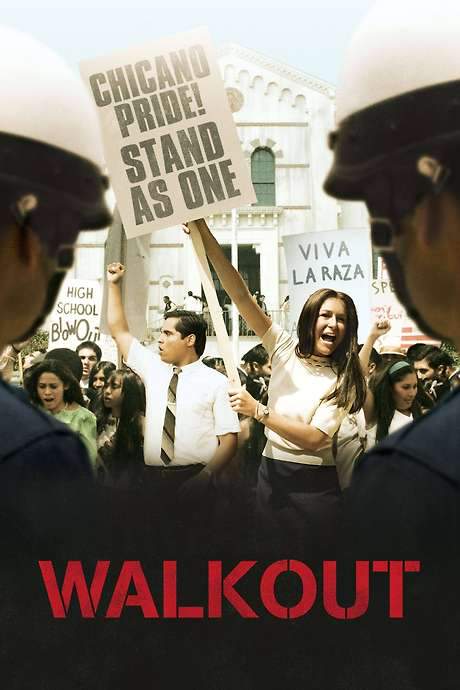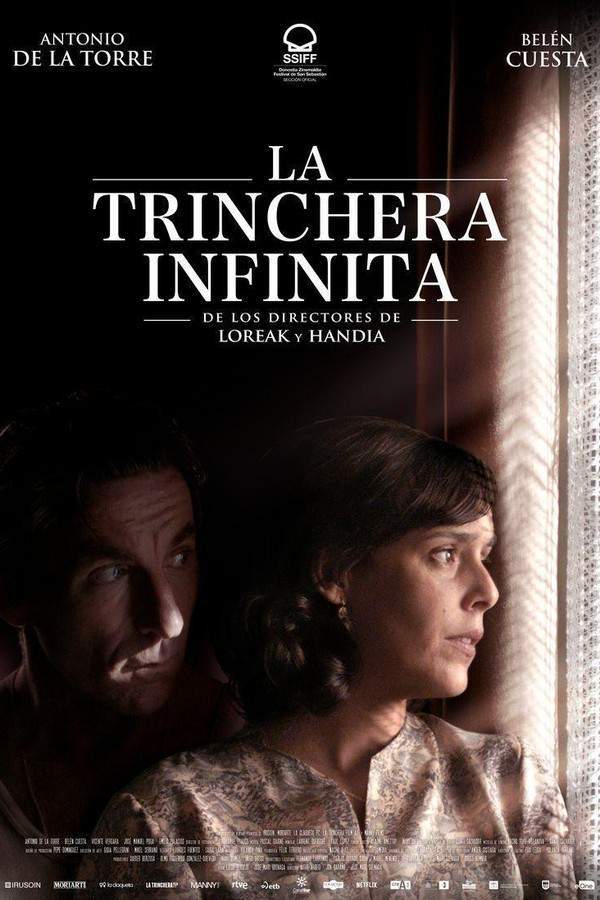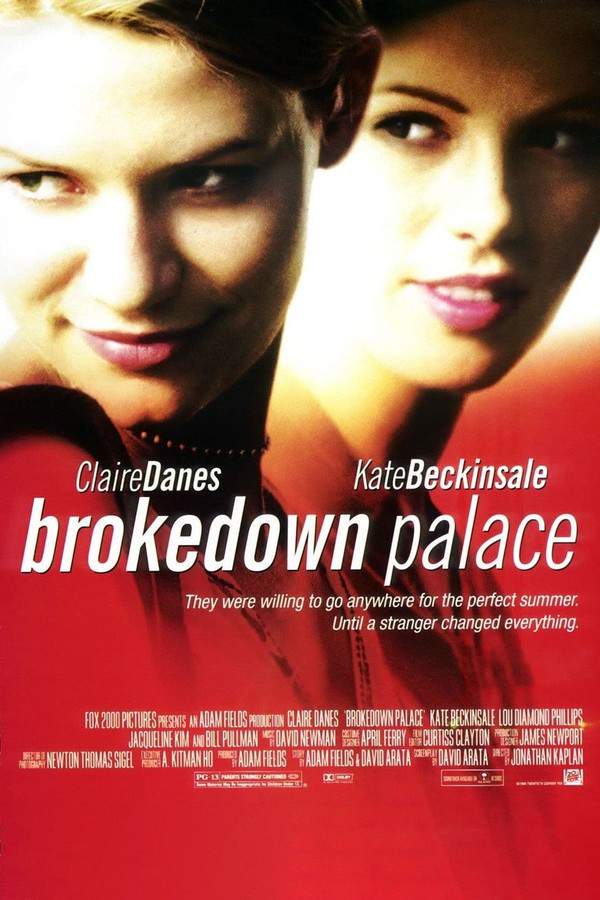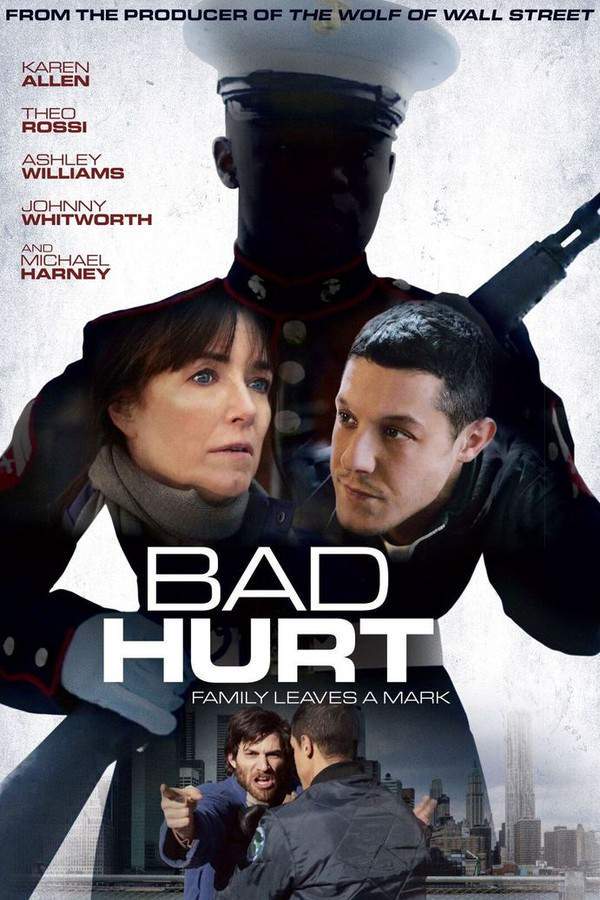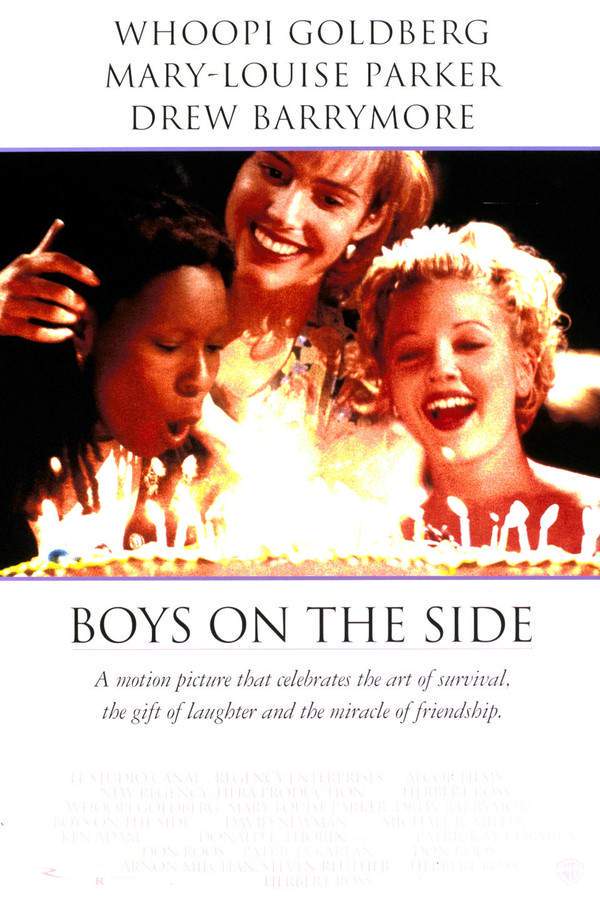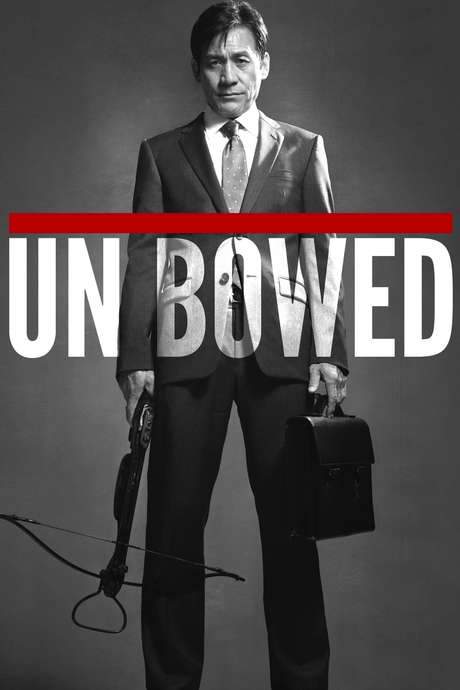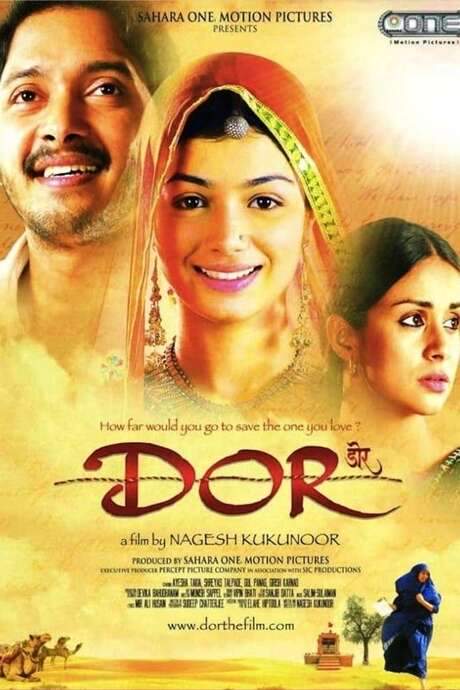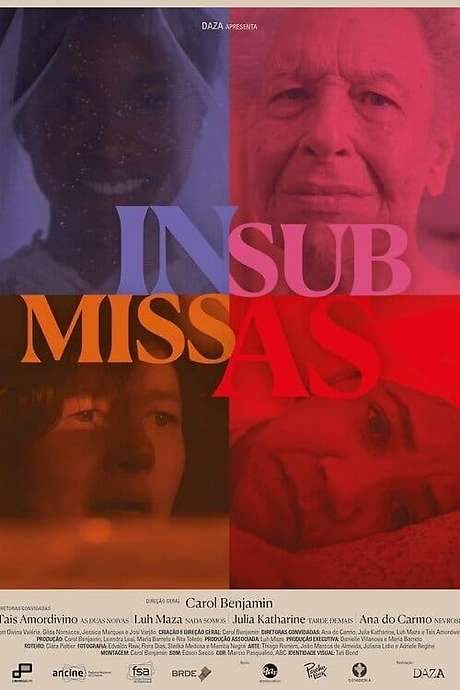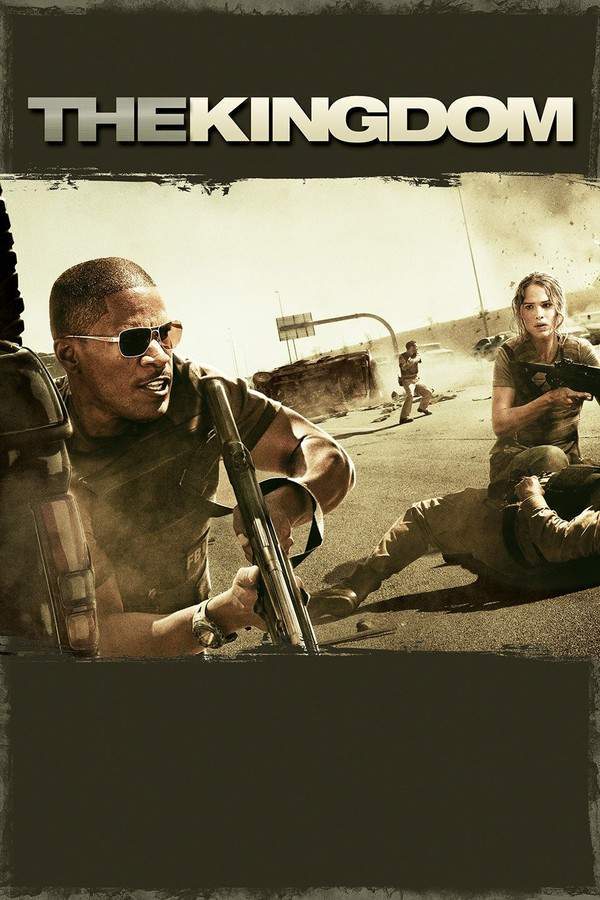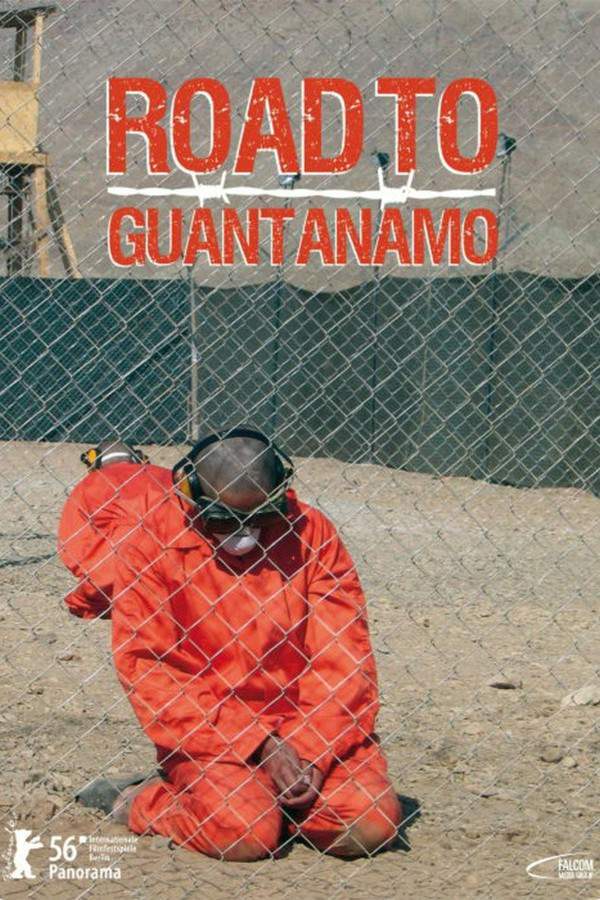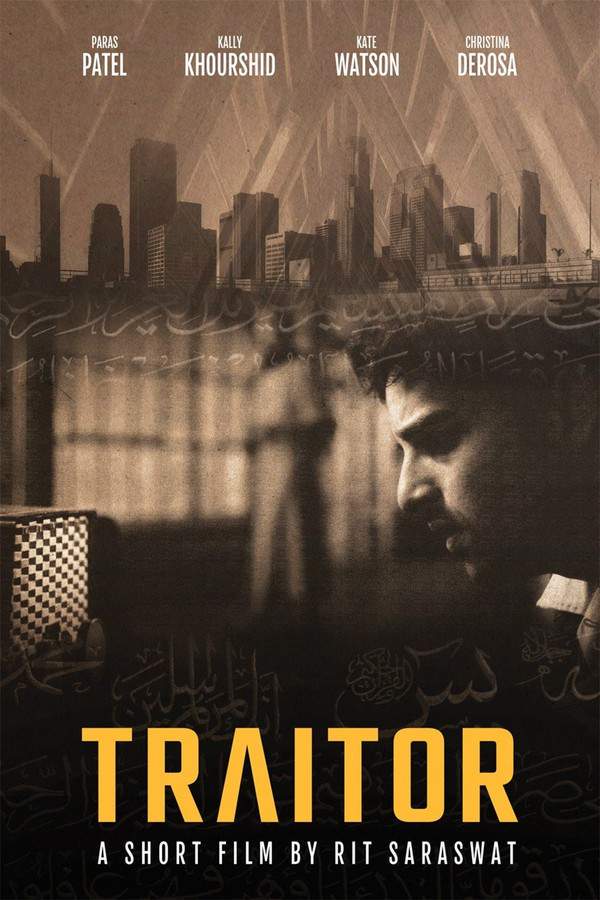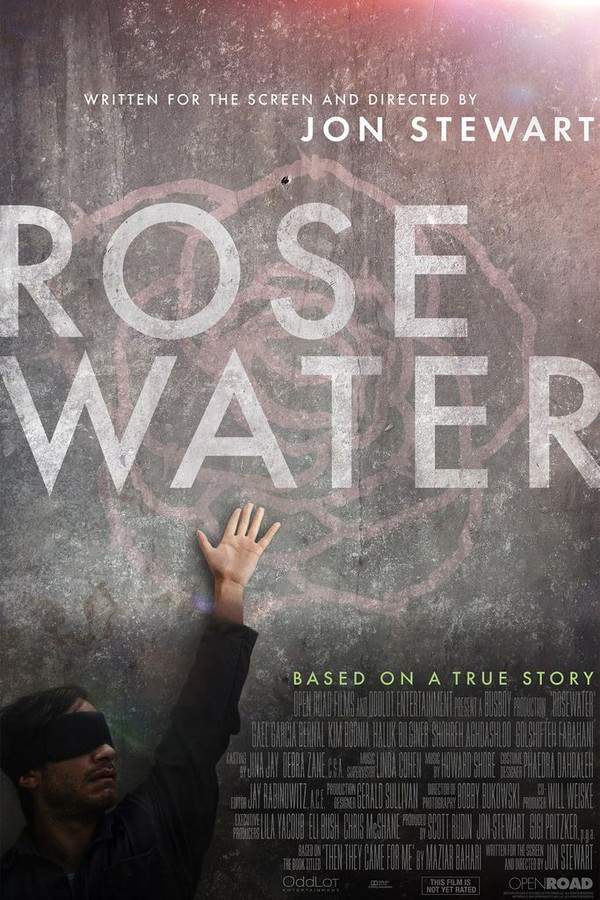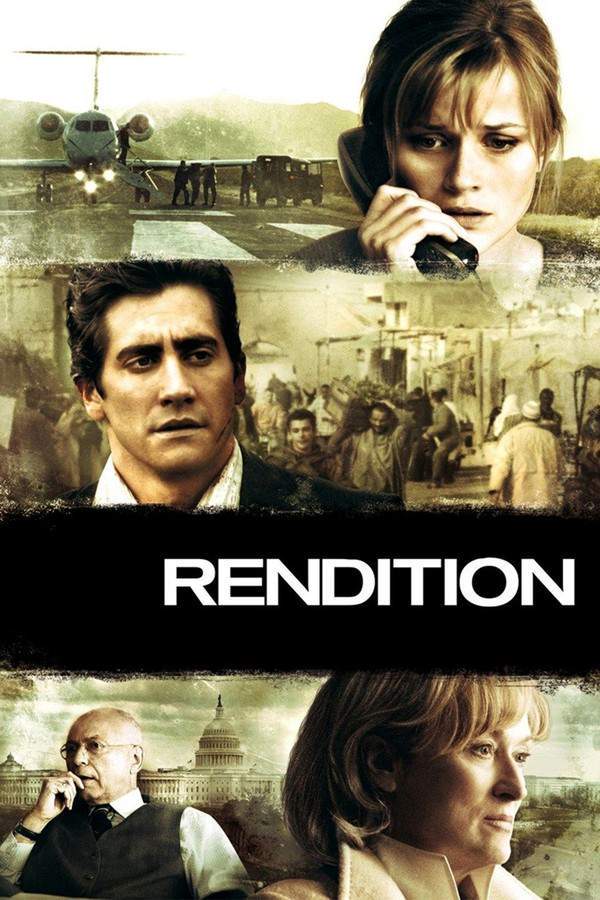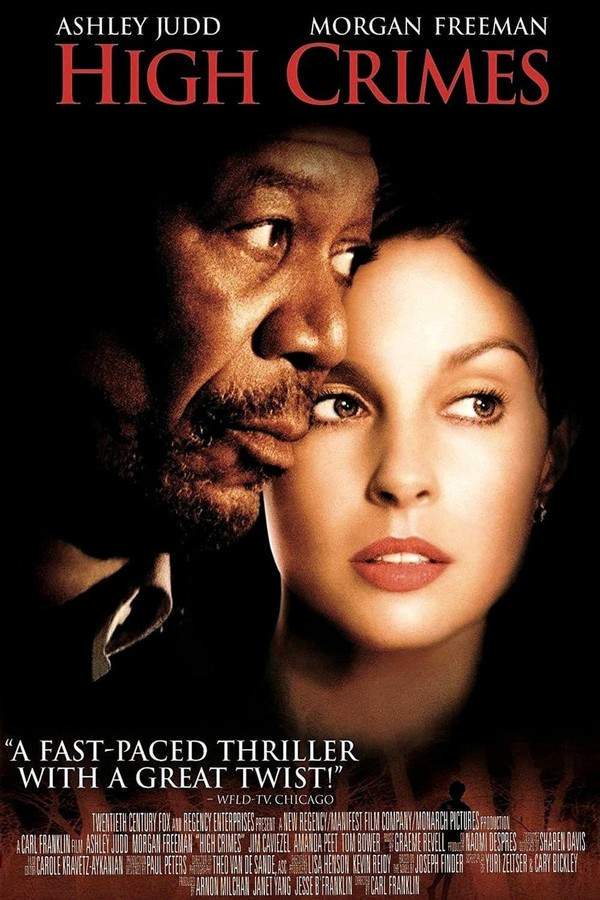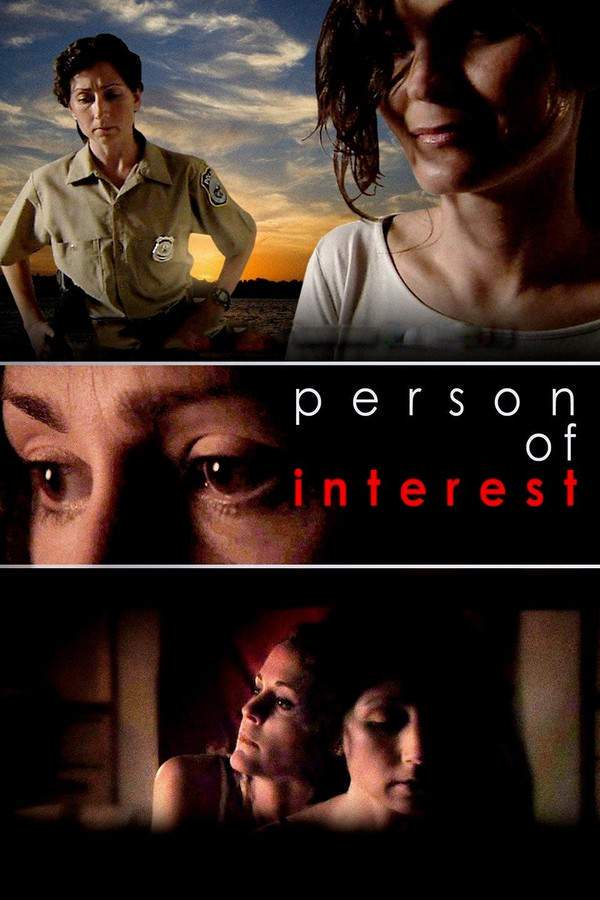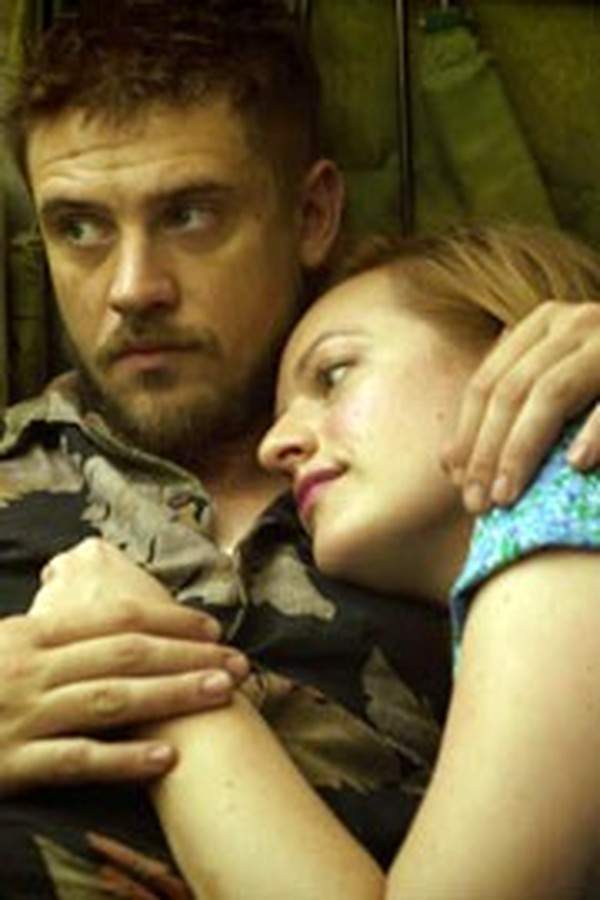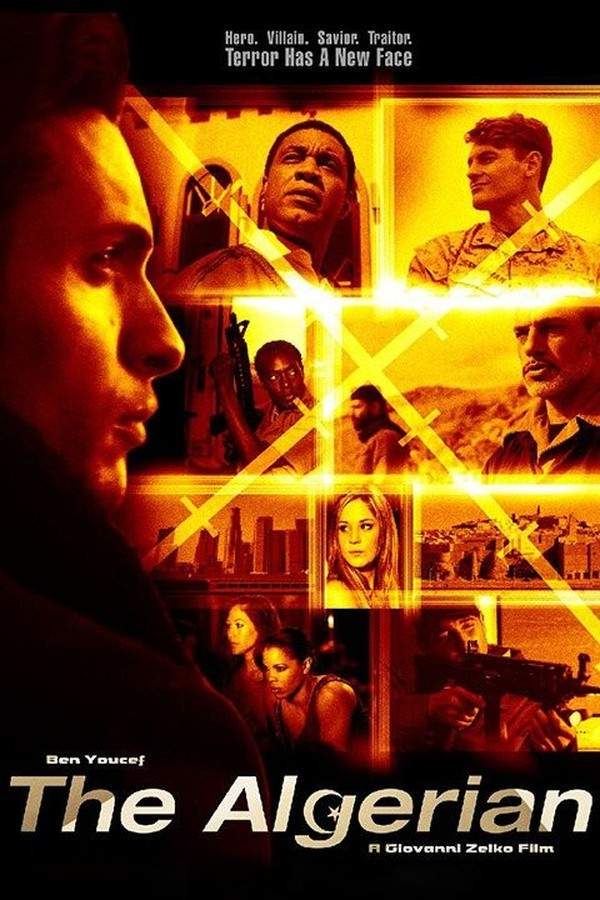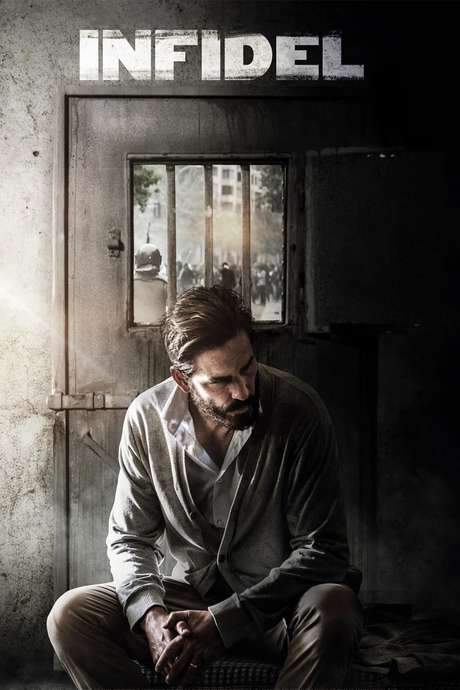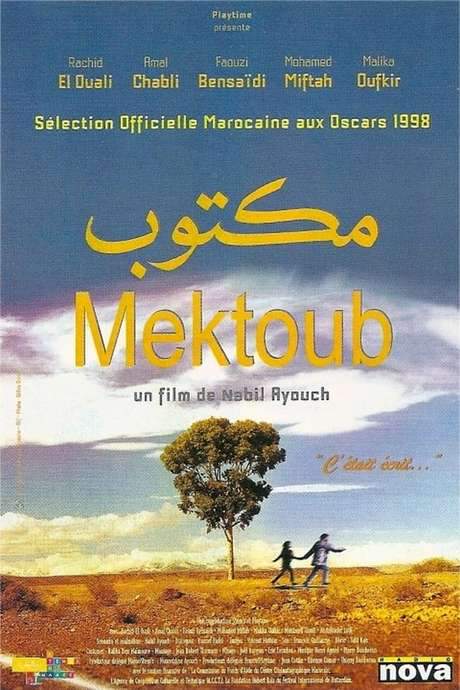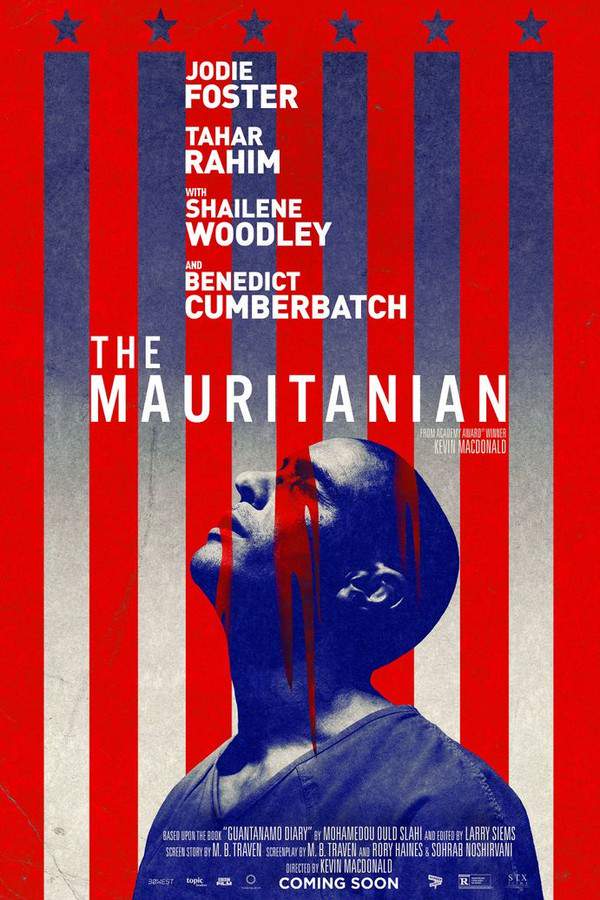
The Mauritanian
Wrongfully accused of terrorist acts, Mohamedou Ould Slahi finds himself imprisoned and facing a seemingly hopeless situation. As years pass, his hope diminishes until a determined defense attorney, Nancy Hollander, and her colleague, Teri Duncan, take on his case. They navigate a complex legal battle and confront bureaucratic obstacles and potential deception as they fight to prove his innocence and uncover the truth behind his detention.
Warning: spoilers below!
Haven’t seen The Mauritanian yet? This summary contains major spoilers. Bookmark the page, watch the movie, and come back for the full breakdown. If you're ready, scroll on and relive the story!
The Mauritanian (2021) – Full Plot Summary & Ending Explained
Read the complete plot breakdown of The Mauritanian (2021), including all key story events, major twists, and the ending explained in detail. Discover what really happened—and what it all means.
As a title card somberly proclaims the events that follow are based on a true story, we find ourselves on the sun-kissed shores of Mauritania in northwest Africa. Here, we meet Mohamedou Ould Slahi, portrayed by Tahar Rahim, celebrating alongside his family in November 2001, just two months after the tragic September 11 attacks. Laughter and traditional dances fill the air during this joyful family celebration, but the peace is abruptly broken when Mohamedou’s friends bring up his life in Germany, sparking an unsettling visit from a Mauritanian policeman. The officer bears troubling news: in the wake of 9/11, the Americans have become apprehensive and are seeking out Mohamedou.
Concern is etched on Mohamedou’s face as he agrees to speak with authorities, albeit needing a moment to change out of his traditional garb. In a quiet act of foreboding, he deletes contacts from his old cell phone, hinting at his instinctive understanding of the serious implications of this situation. Receiving permission to drive himself to the police station gives him a fleeting sense of autonomy, which he attempts to reassure his worried mother about: if they truly wanted to arrest him, they wouldn’t let him drive. As he embarks on this uncertain path, he has no idea that his seemingly mundane life is set to spiral into a chilling journey of injustice.
Fast forward to February 2005, where we find Nancy Hollander, expertly brought to life by Jodie Foster, as she becomes intrigued by Teri Duncan, played by Shailene Woodley, during a Navy Law Conference in New Orleans. Nancy, seated behind Teri, requests a case file, and this seemingly innocuous act propels her into a labyrinth of legal entanglements centered on Guantanamo Bay. Over lunch with French lawyer Emmanuel, she learns of Mohamedou’s plight, leading her down a path of moral conviction and determination to uncover the truth behind his alleged connections to 9/11. Despite her colleagues’ shock and disapproval at her choice to take on this case pro bono, Nancy is driven by an unshakeable belief in justice and due process.
In a twist, we see Stuart Couch, portrayed by Benedict Cumberbatch, grappling with his newfound role as a Marine Prosecutor at a conference where he is informed about Mohamedou’s case. Tensions are high, as it becomes clear that the administration desires a swift and harsh punishment for suspected terrorist connections. The weight of this case rests heavily on Stuart, amplified by the personal connection to the tragedy of September 11, which claimed the life of his friend Bruce Taylor. Suddenly, Mohamedou isn’t just a name on a list; his case becomes intertwined with Stuart’s grief and sense of duty.
As Nancy and Teri arrive at the notorious Guantanamo Bay prison, they face an unwelcoming environment filled with warnings – the reality of the isolated detention facility juxtaposed with their resolute intention to meet their new client, Mohamedou. Their initial meeting is nothing short of startling; Mohamedou’s exuberant welcome is both disarming and heartbreaking. Through barriers of language and skepticism, they begin their dialogue, and Mohamedou’s plight begins to unfold to them—a story marked by endless interrogation and horrific conditions he has endured.
The scenes flow between their spirited conversations and the growing tension of Mohamedou’s legal battles. Meanwhile, we witness Stuart relentlessly poring over the details, attempting to piece together Mohamedou’s life and involvement with Al-Qaida, battling the assumption that he is simply a ‘terrorist.’ The narrative takes hold as he becomes known as the “Al-Qaida Forrest Gump,” a testament to his presence in significant events without ever being a player in the dark games surrounding them.
Days blend into an oppressive haze as Mohamedou’s feelings of despair are alleviated briefly by conversations with fellow detainees, like Marseille, who share words of camaraderie despite their dire circumstances. Meanwhile, Nancy and Teri confront challenges of their own as they dig deeper into Mohamedou’s case, uncovering devastating evidence that will challenge their trust in him and the foundations of their fight for justice.
By 2008, the anticipation grows as Mohamedou’s case reaches a critical legal juncture. A chorus of voices representing both the government and defense echo in the courtroom, where Nancy stands firm in her advocacy for Mohamedou. Just as hope seems to dim, a twist in the narrative reveals Mohamedou’s heartfelt letters as a potential lifeline.
As the curtains begin to lift on Mohamedou’s story, we celebrate his eventual release in 2016, capturing the bittersweet joy of his liberation amid a backdrop of hard-earned peace and heartbreaking loss. The film envelops us in the very essence of resilience, bravery, and the unyielding belief in justice - a narrative adorned with poignant truths and indelible human experiences. In the end, we witness a triumph illuminated by the light of hope, where Mohamedou’s journey embodies the spirit of enduring freedom, underscored by a powerful refrain of “See you later, alligator.”
Last Updated: October 21, 2024 at 20:56
Ending Explained – What Happens at the End of The Mauritanian?
Still wondering what the ending of The Mauritanian (2021) really means? Here’s a spoiler-heavy breakdown of the final scene, major twists, and the deeper themes that shape the film’s conclusion.
The ending of The Mauritanian is profoundly impactful and underscores the themes of forgiveness, justice, and the human spirit. After enduring 14 years of wrongful imprisonment without trial, Mohamedou Ould Salahi finally stands before the Supreme Court of Justice, where he eloquently speaks of forgiveness. Despite everything he suffered—torture, systemic injustice, and the inhumane treatment at Guantanamo—Salahi chooses to forgive those who wronged him. His words reveal a deep-seated resilience and a belief in the power of mercy over hatred, emphasizing that even in the darkest circumstances, forgiveness can bring a sense of freedom. The film closes with Salahi’s declaration that he is free because he forgives, highlighting how his faith and human dignity triumph over brutality. Although he was eventually cleared of all charges in 2010, he remained imprisoned for an additional seven years, a stark reminder of the systemic failures and the lack of accountability by the U.S. government. The Mauritanian ends on a poignant note, emphasizing that true justice isn’t just about legal verdicts, but also about acknowledging the humanity of those affected and recognizing the power of forgiveness to heal even the deepest wounds.
Last Updated: June 25, 2025 at 08:44
Explore Movie Threads
Discover curated groups of movies connected by mood, themes, and story style. Browse collections built around emotion, atmosphere, and narrative focus to easily find films that match what you feel like watching right now.
Legal Dramas Fighting Injustice like The Mauritanian
Stories of determined lawyers fighting a rigged system for their clients.If you liked the legal battle in The Mauritanian, explore more movies about lawyers confronting systemic injustice. These films share a tense, hopeful tone and a steady pace, focusing on the determined fight for due process against overwhelming odds.
Narrative Summary
This thread follows a classic underdog legal narrative: a principled attorney uncovers systemic corruption or injustice while defending a client. The journey involves investigating against resistance, facing ethical dilemmas, and a courtroom climax where truth is weaponized against power.
Why These Movies?
Movies are grouped here by their shared focus on the legal process as a vehicle for confronting institutional wrongs. They blend the intellectual rigor of a courtroom drama with the emotional weight of a moral crusade, creating a gripping and often inspiring experience.
Movies with Bittersweet Endings of Endurance like The Mauritanian
The hard-won victory is tempered by the profound cost of the struggle.For viewers who appreciated the complex emotional payoff of The Mauritanian, this thread collects movies where characters endure great suffering and achieve a victory that is simultaneously hopeful and heartbreaking. These stories are defined by their heavy emotional weight and bittersweet conclusions.
Narrative Summary
The narrative pattern involves a protagonist enduring a long, oppressive ordeal—often imprisonment, persecution, or isolation. Their resilience is the core of the story. The ending brings release or vindication, but it is never a pure triumph, as the scars of the experience remain deeply etched.
Why These Movies?
These films are grouped by their unique emotional arc: a journey through darkness towards a light that is qualified by pain. They resonate because the victory feels earned and real, acknowledging that some wounds do not fully heal, making the hope feel more authentic and hard-won.
Unlock the Full Story of The Mauritanian
Don't stop at just watching — explore The Mauritanian in full detail. From the complete plot summary and scene-by-scene timeline to character breakdowns, thematic analysis, and a deep dive into the ending — every page helps you truly understand what The Mauritanian is all about. Plus, discover what's next after the movie.
The Mauritanian Timeline
Track the full timeline of The Mauritanian with every major event arranged chronologically. Perfect for decoding non-linear storytelling, flashbacks, or parallel narratives with a clear scene-by-scene breakdown.

Characters, Settings & Themes in The Mauritanian
Discover the characters, locations, and core themes that shape The Mauritanian. Get insights into symbolic elements, setting significance, and deeper narrative meaning — ideal for thematic analysis and movie breakdowns.

The Mauritanian Ending Explained
What really happened at the end of The Mauritanian? This detailed ending explained page breaks down final scenes, hidden clues, and alternate interpretations with expert analysis and viewer theories.

The Mauritanian Spoiler-Free Summary
Get a quick, spoiler-free overview of The Mauritanian that covers the main plot points and key details without revealing any major twists or spoilers. Perfect for those who want to know what to expect before diving in.

More About The Mauritanian
Visit What's After the Movie to explore more about The Mauritanian: box office results, cast and crew info, production details, post-credit scenes, and external links — all in one place for movie fans and researchers.

Similar Movies to The Mauritanian
Discover movies like The Mauritanian that share similar genres, themes, and storytelling elements. Whether you’re drawn to the atmosphere, character arcs, or plot structure, these curated recommendations will help you explore more films you’ll love.
Explore More About Movie The Mauritanian
The Mauritanian (2021) Scene-by-Scene Movie Timeline
The Mauritanian (2021) Movie Characters, Themes & Settings
The Mauritanian (2021) Ending Explained & Theories
The Mauritanian (2021) Spoiler-Free Summary & Key Flow
Movies Like The Mauritanian – Similar Titles You’ll Enjoy
The Kingdom (2007) Plot Summary & Ending Explained
The Road to Guantanamo (2006) Full Movie Breakdown
Traitor (2008) Ending Explained & Film Insights
Rosewater (2014) Complete Plot Breakdown
Rendition (2007) Complete Plot Breakdown
High Crimes (2002) Full Movie Breakdown
Persons of Interest (2004) Film Overview & Timeline
The Free World (2016) Full Movie Breakdown
The Algerian (2015) Plot Summary & Ending Explained
Kaafir (1000) Movie Recap & Themes
The Scarecrows (2019) Film Overview & Timeline
Infidel (2019) Complete Plot Breakdown
Tangier (2006) Detailed Story Recap
The Battle of Algiers (1966) Detailed Story Recap
Mektoub (1997) Plot Summary & Ending Explained




